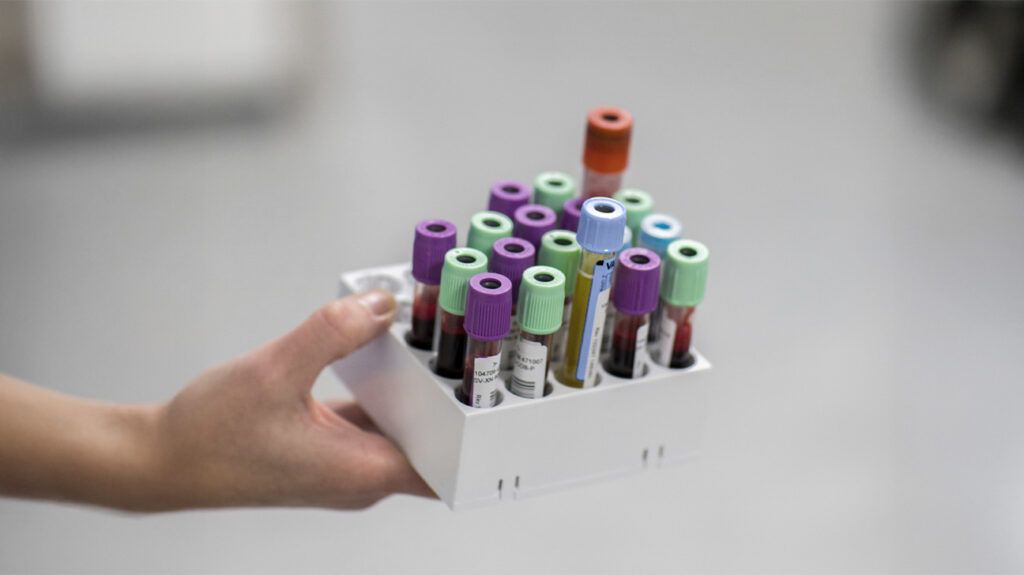Tennessee Lowers the Standards for Ballad Health's Hospital Monopoly Amidst Concerns

Tennessee has lowered the standards for Ballad Health's hospital monopoly, allowing continued operation despite poor performance scores and limiting public access to performance data. The change raises concerns about transparency and healthcare quality.
Despite longstanding patient complaints and ongoing concerns about quality of care, Ballad Health—America's largest state-sanctioned hospital monopoly—will now be held to a less stringent standard by the Tennessee government. Additionally, state data used to evaluate the monopoly's performance will be withheld from the public for two years, raising transparency issues.
Ballad Health predominantly serves approximately 1.1 million residents across 29 counties in Appalachia, where it stands as the sole provider of hospital services. This monopoly was established in 2018 after Tennessee and Virginia waived federal antitrust laws, allowing the merger of competing health systems with the condition that the states affirm annually that their combined operation benefits the public.
Under a newly renegotiated agreement between Ballad and Tennessee, the hospital system is now considered a "clear and convincing" benefit to the community, despite receiving a performance grade that would typically be rated as a "D" or an "F" on most grading scales. Remarkably, even with such low scores, the agreement permits the monopoly to continue operating.
Critics, including Dani Cook—a leader of protests against the monopoly—argue that this arrangement is a disservice to residents. "We shouldn't be lowering standards; we should be raising them," she stated.
Ballad Health's monopoly includes 20 hospitals and spans the border of Tennessee and Virginia. It was created in 2018 when lawmakers waived federal antitrust laws to prevent hospital closures, but staff shortages and patient discontent have persisted, leading some residents to avoid local facilities.
In Tennessee, the regulation of Ballad is managed through a 10-year Certificate of Public Advantage (COPA) agreement, now in its seventh year. This agreement sets goals and scoring criteria for hospital performance. However, Tennessee Department of Health reports show that Ballad has failed to meet about 75% of quality-of-care targets over the past four years. Despite this, the monopoly continues largely because the scoring system does not emphasize-quality metrics.
Local leaders like Angie Odom from Carter County have expressed frustration, recalling instances where they have traveled over 100 miles to avoid Ballad-run hospitals. She remarked on the new grading scale, saying, "They've designed a system that allows them to fail and still pass."
Virginia's oversight process tracks behind Tennessee's but similarly finds Ballad to be beneficial annually. Both states' assessments exempt the public from seeing current performance data, raising questions about transparency.
Tennessee’s revised agreement has lowered the threshold score needed for the monopoly to be deemed a public benefit—from 85 to 70 out of 100. The new terms also disproportionately favor data sharing by awarding up to 20 points for providing information, regardless of performance quality. Furthermore, the agreement allows scores to be influenced by "reputable information" not explicitly detailed in the scoring rubric, potentially reducing the incentive to improve actual care quality.
While the agreement increases the importance of quality metrics from 5% to 32%, the specific measures and baselines remain undisclosed until 2027. Critics suspect this delay aims to silence criticism until the end of the 10-year COPA in 2028.
Tennessee officials, including Health Commissioner Ralph Alvarado, emphasize the importance of the regulation, but critics argue that the system prioritizes corporate interests over patient well-being. The negotiations for the latest agreement were conducted behind closed doors, further fueling concerns about transparency.
Ultimately, these policy changes allow Ballad Health to score as low as 55 or 65 out of 100 and still be considered a benefit to the public, enabling the monopoly to continue operating without risk of dissolution. This shift raises significant questions about accountability and the true quality of care residents are receiving.
Source: https://medicalxpress.com/news/2025-06-ballad-health-hospital-monopoly-underperformed.html
Stay Updated with Mia's Feed
Get the latest health & wellness insights delivered straight to your inbox.
Related Articles
Enhancing Stroke Rehabilitation Through Stronger Policies for Better Patient Outcomes
A new American Heart Association policy advocates for stronger public policies to close gaps in stroke rehabilitation care, ensuring equitable access for all survivors and improving recovery outcomes.
Promising Traditional Chinese Herbal Formula for Myasthenia Gravis Treatment
Research explores how a Traditional Chinese Medicine herbal formula, Jianpi Yiqi Busui Prescription, may offer an effective, safer alternative for treating myasthenia gravis by modulating immune pathways, showing promise in preclinical models.
FDA Approves First Blood Test for Alzheimer’s Disease: Key Insights
The FDA has approved the first blood test for Alzheimer’s disease, offering a less invasive, accessible, and early diagnostic option that could revolutionize patient care and research.



